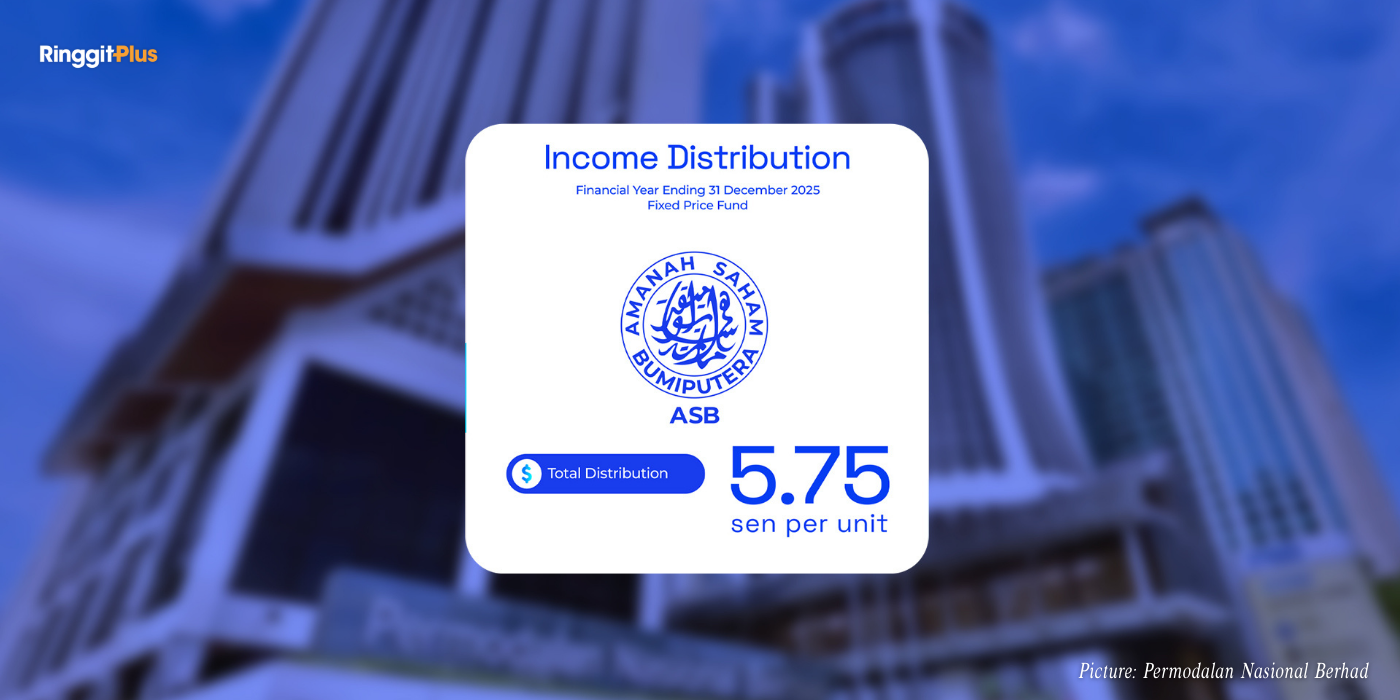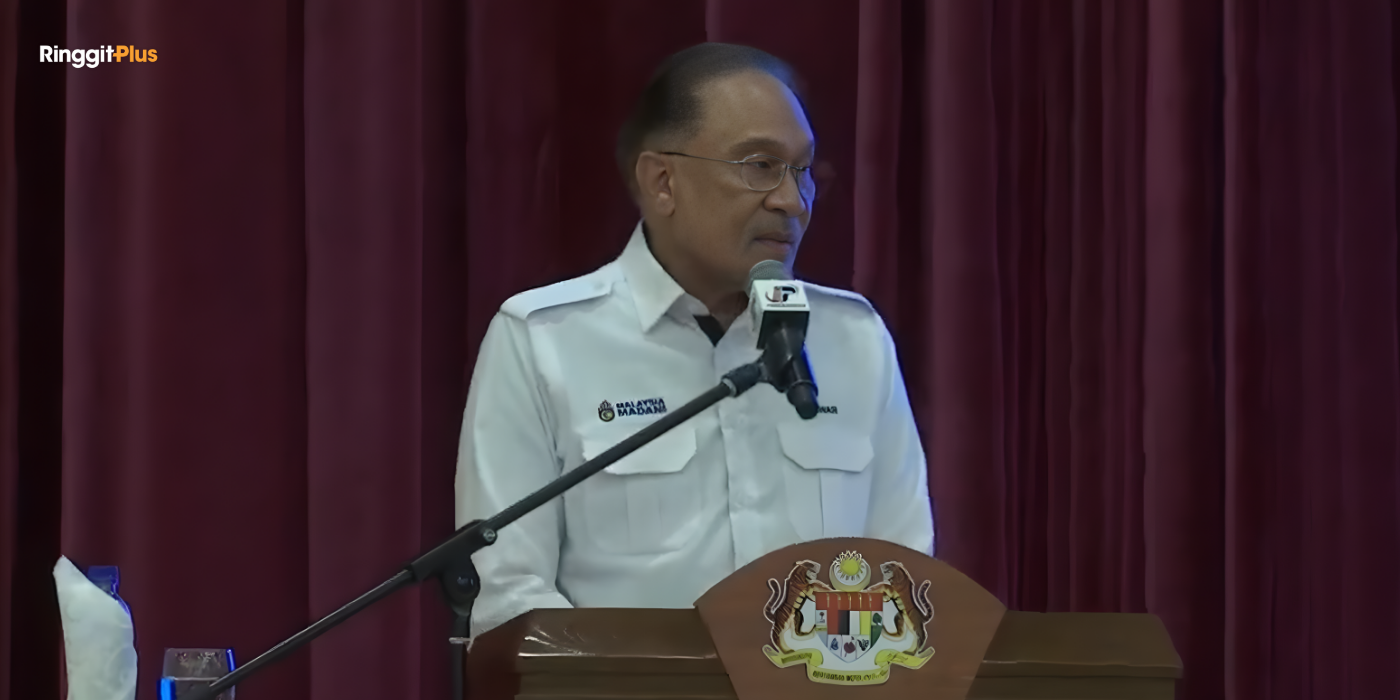Alex Cheong Pui Yin
26th April 2023 - 4 min read

The director-general of the National Anti-Financial Crime Centre (NFCC), Datuk Seri Mustafar Ali has appealed to the public to take note and educate themselves on the various tactics used by scammers to perpetrate online fraud. These include mule accounts, which contribute significantly to the challenge of tracking down scam syndicates as the number of online fraud cases continue to increase in Malaysia.
Specifically, Datuk Seri Mustafar noted the central role of account mules in these criminal operations, described as individuals who hand over or “rent out” their bank accounts, ATM cards, and PINs (called mule accounts) to scammers for some earnings.
“One factor causing scam syndicates to milk money from their victims is the existence of mule accounts ‘bought’ at RM500 per account from the original accountholders for use to transfer the ill-gotten gains. A victim’s money that has been defrauded will be put into a mule account, and then transferred to several other mule accounts before finally being withdrawn in a short period of time, making it difficult to track,” Datuk Seri Mustafar explained.
Aside from mule accounts, Datuk Seri Mustafar also pinpointed the use of technology and social media, as well as the leaking of user information, as other reasons for the rising number of scams. Often, victims will be contacted through social media and messaging platforms, with the scammer impersonating contacts or representatives from authorities to gain the victim’s trust.

Datuk Seri Mustafar further said that scammers have also lately resorted to disguising their links as bank websites, thereby duping unsuspecting victims into downloading applications from these links. “The victim will next be asked to disclose personal information including banking particulars, allowing the scammer to hack into the victim’s account and siphon off their money,” he shared, adding that the situation may be made more complicated if the victims are slow to realise that their money has disappeared.
Analysis by enforcement agencies also showed that fraud syndicates would use phone numbers that are illegally obtained to run their scams, and they would carefully select their victims based on their backgrounds – often depending on the type of scams that they are running. For instance, syndicates running Macau scams – in which scammers impersonate bank or public officials to trick you into disclosing your banking details or transfer money – will typically target individuals with large savings.
In its effort to combat online crimes, Datuk Seri Mustafar said that the government has been taking specific measures, such as enhancing cooperation with international authorities. This is to ensure that criminals who operate from abroad can also be apprehended. “Such scams need to be dealt with jointly by all parties, including those who have fallen victim. Awareness campaigns should be conducted from the school to university levels with the holding of specific programmes to educate people to avoid falling prey to scammers,” he stressed.

Additionally, there are plans to reinforce the National Scam Response Centre (NSRC), especially in terms of its operations, manpower resources, technical equipment, and financial analysis systems – among other things. “Given that the NRSC operations pool the manpower and expertise of various agencies, including banking and telecommunications, an effective integrated enforcement action can be implemented,” said Datuk Seri Mustafar.
More importantly, though, the government is now also looking into using or amending various legal provisions so that fraud money can be returned to the victims, said the director-general of NFCC. These include the Anti-Money Laundering, Anti-Terrorism Financing and Proceeds of Unlawful Activities Act 2001, Penal Code, as well as Criminal Procedure Code.
Earlier this year, Prime Minister Datuk Seri Anwar revealed that Malaysia had reported more than 25,000 online scam cases in 2022, with losses reaching RM850 million.
(Source: The Edge Markets)









Comments (0)